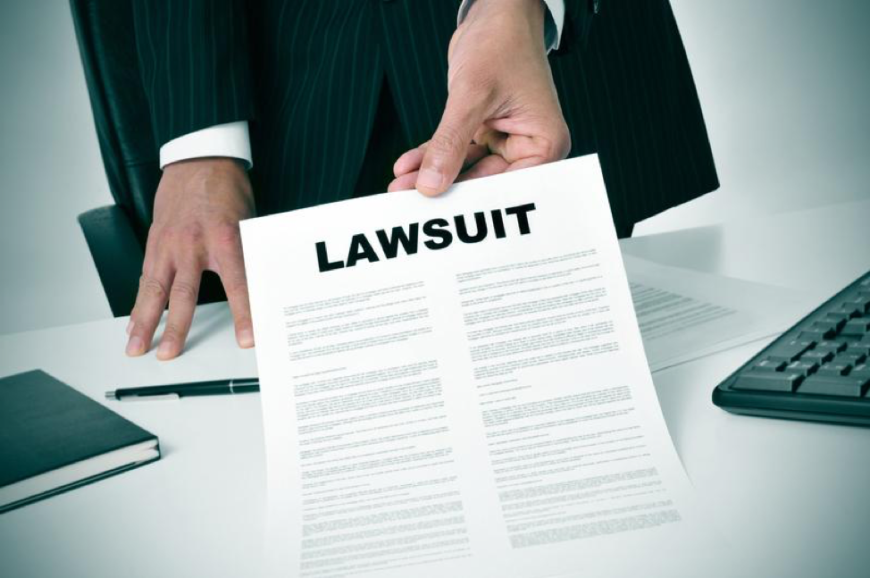Top 3 Differences between a Sole Proprietor and a Single-Member Limited Liability Company (LLC)
If you’re a one-man (or woman) business, you might wonder whether you should continue operating as a “sole proprietor”, or register as a single-member Limited Liability Company (LLC). Since both business entity types are for a single owner, we will cover the top three items you should consider in deciding between sole proprietorship and single-member LLCs.
1. Costs
Sole Proprietor: The cheapest way to start a business is to “be” the business as the owner of a sole proprietorship. You could obtain an Employer Identification Number (EIN) for free (for banking, payroll, and tax purposes). As a sole proprietor, your name is your business. However, if you want to “do business as” another name, you can obtain a fictitious business name for a fee through your county. You would not have to register your “company” officially through any channel or pay any maintenance fees.
Single-member LLC: This is not the case with a LLC. To register an LLC with your local State, you would have to pay registration fees and file Articles of Organization. Depending on your organization, you will also have to file annual Statements of Information (for a fee). In California, an LLC pays a minimum tax of $800 a year.
2.Taxation
Sole Proprietor: As a sole proprietor you would report your income and losses on your personal tax return with Schedule C and itemize when necessary.
Single-member LLC: Since LLCs are not federally recognized as separate entities, LLCs are taxed as one of the other entities: disregarded single-member LLC (sole proprietorship), partnership (if more than two members), or corporation. As a single-member LLC, you cannot elect to be taxed as a partnership, but you can choose between sole proprietorship and corporate. To be taxed as a corporation, you would need to file a separate form with the IRS. If you opt not to do anything, you will default to sole proprietor taxation. To be taxed as a sole proprietor means you would use one of the Schedules and file with your personal income taxes.
In California, LLCs electing to be taxed as corporations have no annual fees. Whereas, an LLC taxed as a partnership or sole proprietorship will have an “LLC fee” if its income is greater than $250,000.
3. Liability
Sole Proprietor: Since a sole proprietorship means you are your business, it also follows that your business’ income and debts are also yours. This simplifies your tax preparation, but it complicates your liability. If your business goes bankrupt, you go bankrupt. If your business is sued by a customer or employee, you are personally sued in the process. If your business loses all its assets, you could lose all of your personal assets. Probably the most significant reason small business owners choose to register an LLC over sole-proprietorship is to protect themselves from full liability.
Single-member LLC: A limited liability company means, quite literally, that is offers limited liability protection to its members. Each state has different limitations and rights afforded to LLCs, so its important not to just read an article on a generic website or service, but specifically refer to California Corporations Code.
An LLC protects its members from outside liability suits, but it does not protect from internal suits, meaning members can sue each other for e.g., profit losses. However, this protection is not all-inclusive. In some cases such as personal negligence, LLC members can lose their personal assets. In other cases, external creditors can obtain your shares in an LLC, or your share of the profit distribution.
Note: It’s important to note that one of the main differences in operating a sole proprietorship and an LLC is the separation of personal and business funds. As a sole proprietor, you don’t have to keep close records of your business funds. However, as a member of an LLC, you do need to keep your business funds and expenses separate from your personal funds. If you fail to do so, you may lose your liability protection.
If you are unsure as to whether you need an LLC, or if another type of business entity would better suit you, contact an experienced business attorney. You may also want to contact an insurance representative to discuss liability insurance.


